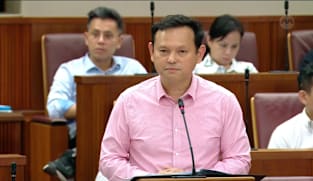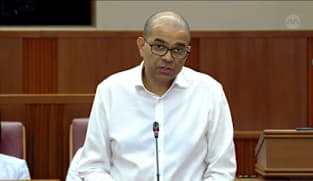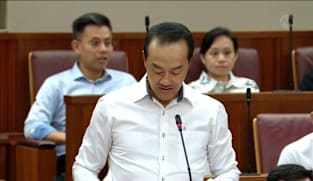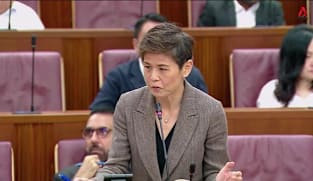Committee of Supply 2025 debate, Day 6: Zaqy Mohamad on uplifting lower-wage workers
The government has been supporting lower-wage workers in their upskilling journey through the Workfare Skills Support (WSS) scheme. Currently, it is mainly targeted at short courses that can be completed over a few days, covering the opportunity costs of training for lower-wage workers aged 30 and older. However, lower-wage workers stand to benefit more from long-form courses that provide more robust upskilling and reskilling. The government will introduce a new WSS (Level-Up) for long-form training. Full-time trainees will receive a monthly allowance set at 50 per cent of their average monthly income, with a minimum monthly allowance of S$300. Part-time trainees will receive a fixed monthly allowance of S$300. This will benefit workers aged 30 and older, earning up to S$3,000 per month. Effectively, WSS (Level-Up) trainees will receive up to S$18,000 per year for full-time training and up to S$3,600 per year for part-time training. This is more than three times higher than the training allowance currently provided through WSS. Senior Minister of State for Manpower Zaqy Mohamad, who highlighted this initiative in parliament on Friday (Mar 7), said the government also recognises that workers in lower-wage jobs may need more bouts of long-form training for more complex job roles or to pivot to new sectors. WSS (Level-Up) will cover up to 24 months of long-form training done before the age of 40 and another 24 months of long-form training after the age of 40. WSS (Level-Up) will be rolled out from early-2026. Mr Zaqy also outlined a slew of measures to help lower-wage workers strengthen their wage and employment outcomes. These include studying the expansion of the Progressive Wage Model to the pest management sector and ensuring safe and healthy workplaces.
The government has been supporting lower-wage workers in their upskilling journey through the Workfare Skills Support (WSS) scheme. Currently, it is mainly targeted at short courses that can be completed over a few days, covering the opportunity costs of training for lower-wage workers aged 30 and older. However, lower-wage workers stand to benefit more from long-form courses that provide more robust upskilling and reskilling. The government will introduce a new WSS (Level-Up) for long-form training. Full-time trainees will receive a monthly allowance set at 50 per cent of their average monthly income, with a minimum monthly allowance of S$300. Part-time trainees will receive a fixed monthly allowance of S$300. This will benefit workers aged 30 and older, earning up to S$3,000 per month. Effectively, WSS (Level-Up) trainees will receive up to S$18,000 per year for full-time training and up to S$3,600 per year for part-time training. This is more than three times higher than the training allowance currently provided through WSS. Senior Minister of State for Manpower Zaqy Mohamad, who highlighted this initiative in parliament on Friday (Mar 7), said the government also recognises that workers in lower-wage jobs may need more bouts of long-form training for more complex job roles or to pivot to new sectors. WSS (Level-Up) will cover up to 24 months of long-form training done before the age of 40 and another 24 months of long-form training after the age of 40. WSS (Level-Up) will be rolled out from early-2026. Mr Zaqy also outlined a slew of measures to help lower-wage workers strengthen their wage and employment outcomes. These include studying the expansion of the Progressive Wage Model to the pest management sector and ensuring safe and healthy workplaces.



















